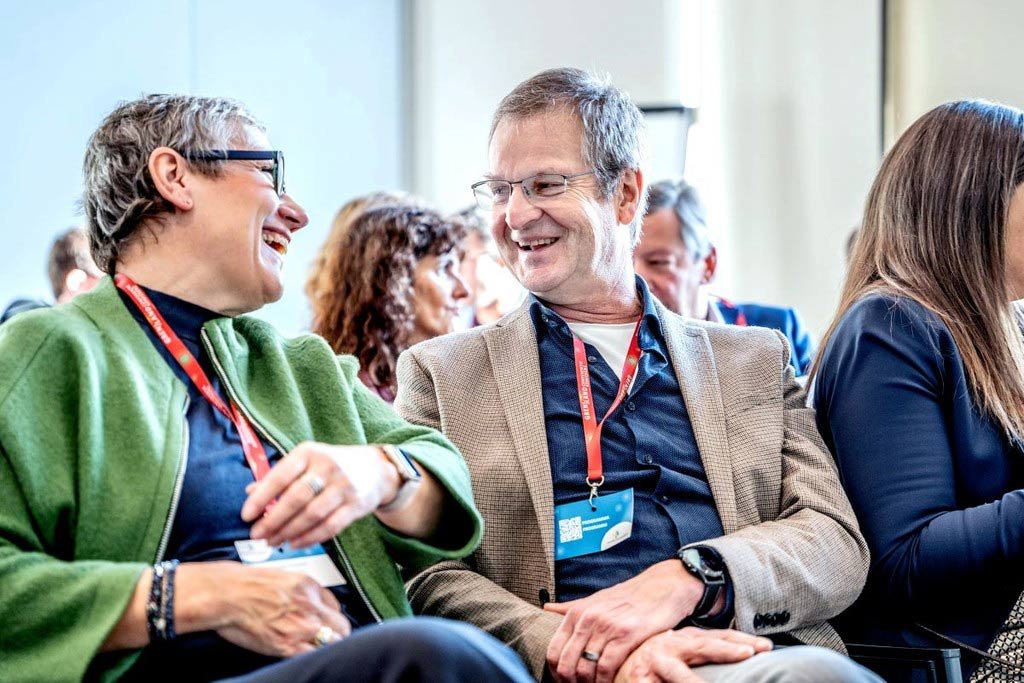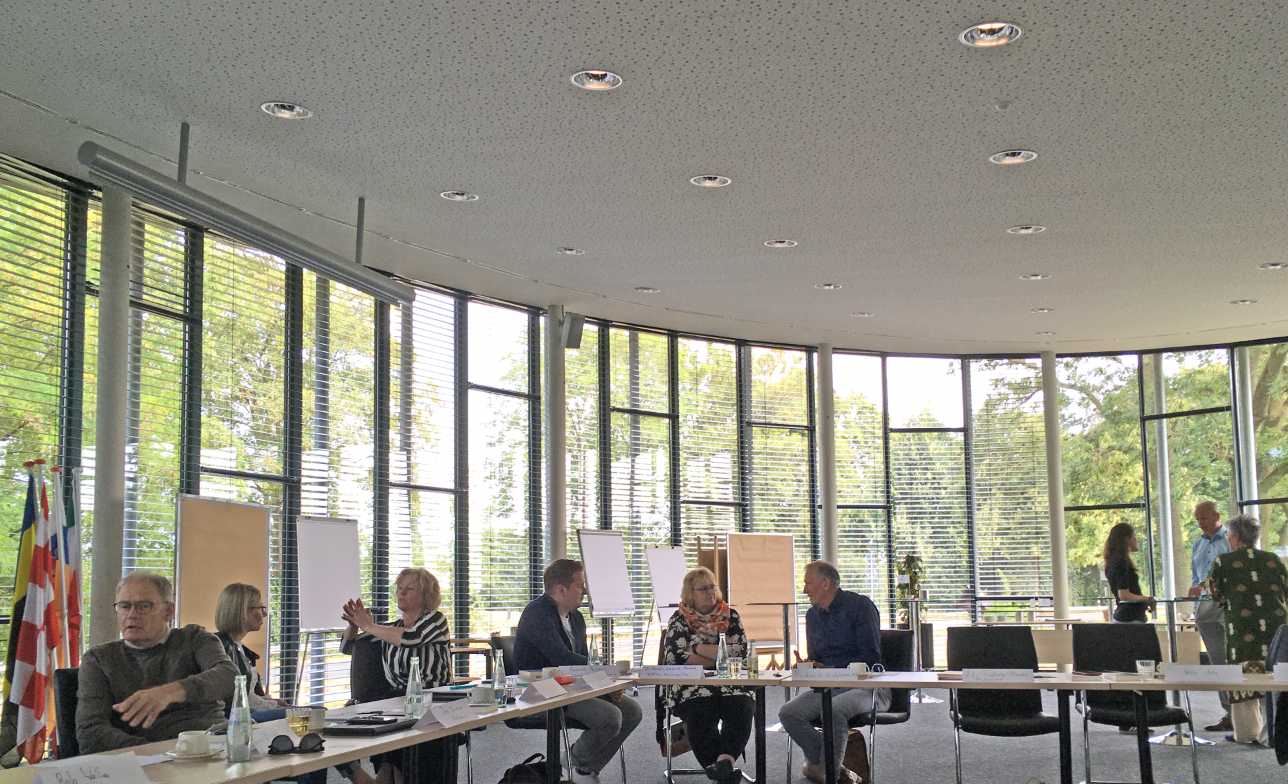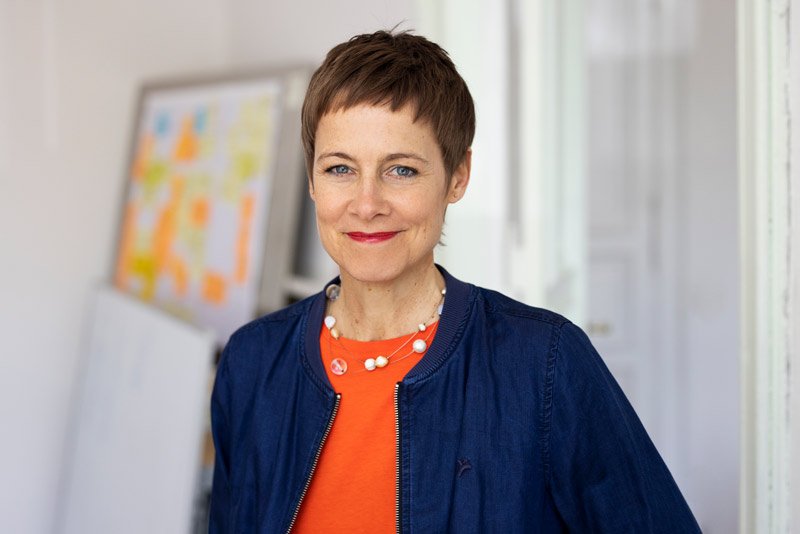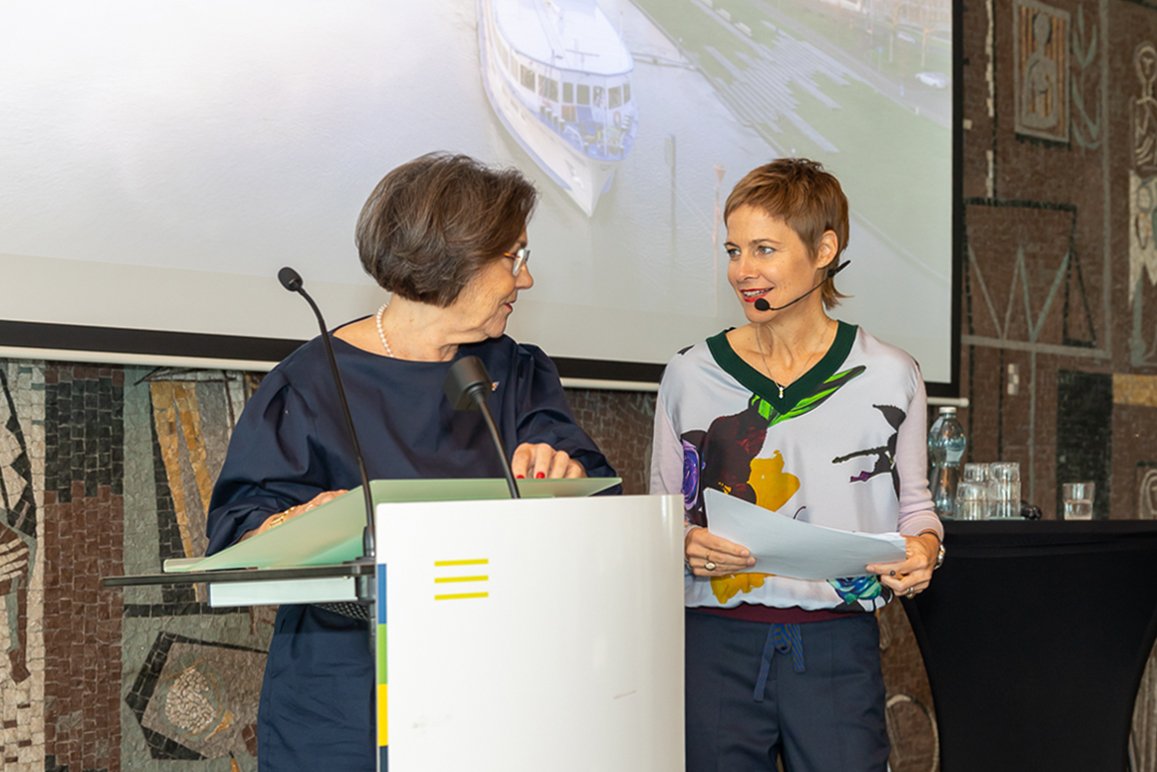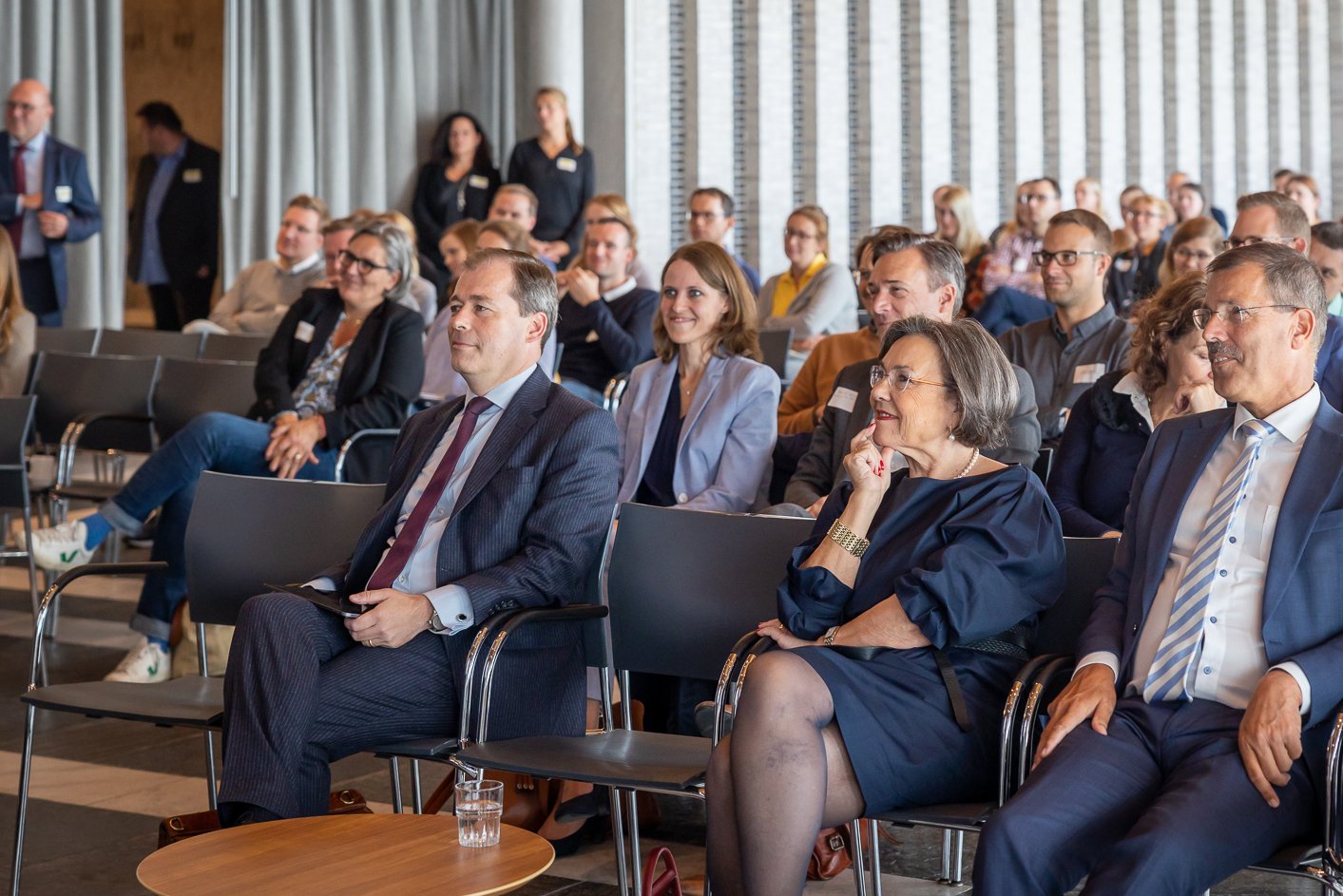Intercultural Competence and Diversity
Unterstanding backgrounds,using opportunities
Whenever people from different cultural backgrounds cooperate, they harbour different expectations and follow different approaches. Obviously, this is relevant in situations requiring transnational cooperation, but clearly it holds equally true in an exclusively domestic context involving teams whose members have different backgrounds. How do we achieve efficient and sustainable cooperation in these instances while ensuring at the same time that all team members are content?
Our workshops and presentations focus on practical issues and explore how you and your colleagues can communicate and cooperate at eye level and how cultural diversity can turn into an additional asset.
1. What Are Our Trainings and Workshops About?
Communication
What is important for a first encounter with foreign business partners? How is mutual trust influenced by formal rank, expertise or personal relationships? How do your foreign partners approach negotiations and decision-making? When does „yes“ really mean „yes“?
Planning and Solving Problems
How much needs to be agreed upon in advance for a successful cooperation? What can or should be left open? How should you address problems – frank and open or rather tactful and discreet?
Structures
How do competences and political/economic structures influence your foreign partners‘ actions? In case you are dealing with a foreign public entity: What do their organizational structures look like? Who decides what, and what role for hierarchies?
Values and Diversity
What are the underlying values and cultural standards governing your own organization and those of your partners and colleagues? How can you find ways to integrate different approaches thereby mobilizing diversity’s full potential?
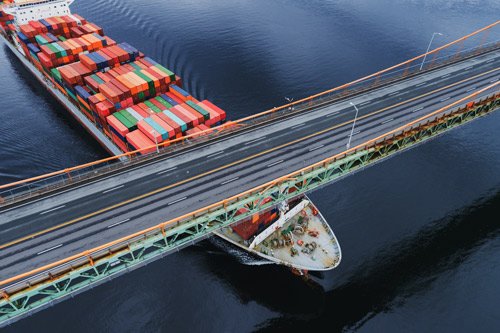
A View From Everyday Practice
Flexible or Systematic Approach?
Drawing from centuries of experience of a trade-based economy, Dutch businessmen and officials have developed approaches to planning and agreements that is frequently significantly different from what is usual in Germany. Trading requires fast reactions. That is why Dutch government agencies and businesses tend to do less planning in advance, but are prepared to react and readjust flexibly at a later stage, if needed.
By contrast the German tradition of craftmanship and industry has fostered a culture of precise planning of any potential course of events and close control of every step.
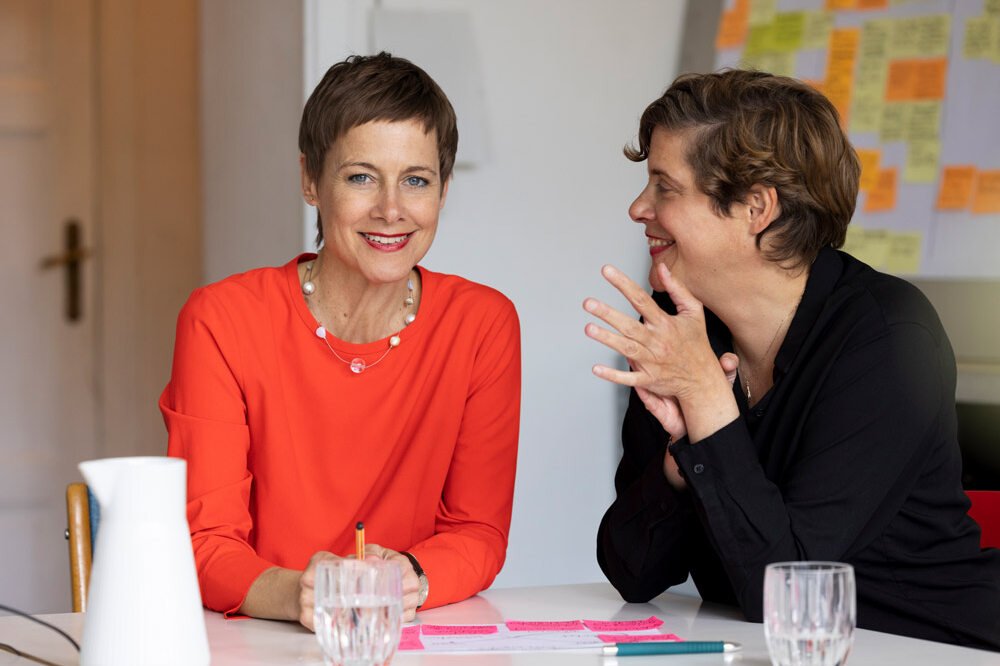
A View From Everyday Practice
Recognizing Behavioural Patterns
In many cultures team members do not bring problems to their team leder’s attention, unless they are expressly asked to. The only way a team leader will learn about a problem is by sepcifically and repeatedly inquiring.
If, for instance you are leading a team in Romania, it will be important for you to follow all processes closely. Information is not readily shared and a team leader will need to actively collect it from team members. This differs markedly from companies where responsible team members are expected to raise problems proactively.
2. Benefits: Why Do I Need an Intercultural Training or a Diversity Workshop?
Unterstanding Patterns
You wonder why your international partner’s actions are different from what you expected? A training will help you unterstand the extent to which this is the result of cultural predisposition rather than of induvidual choices – and will help you to react appropriately.
Efficiency and Motivation
Intercultural competence helps to avoid misunderstandings, thereby increasing efficency – and making international cooperation a more satisfactory a enjoyable experience.
Increasing the Potential for New Ideas
If you understand your foreign partner’s/colleague’s motives and behavioural patterns, diversity in your team turns from burden to benefit. Different ways of looking at things and different approaches to problem-solving create more space for innovative ideas and enhance your organization’s potential.
Practical Tools
Our trainings go beyond specific situations. They will provide you with necessary insights and practical tools enabling you to transfer the knowledge you have acquired and to apply it to a different context. This will help you to act self-reassuredly whenever you find yourself in an international environment. In turn you will lay the the basis for a sustainably successful and mutually trustful cooperation.
Learning About Administrative Structures
Cross-border administrative cooperation requires a solid knowledge of the other side’s government structures and competences: Who decides what, and who has what competences? How does decision-making work?
3. How Do We Approach Our Trainings?
Specific Formats
Succesful diversity is always based on mutual trust and exchange. Therefore we introduce you to specific formats that enhance communication and examples for typical communication situations from everyday work experience.
Our Objective: Profound Unterstanding
We give you an overview of the fundamental cultural values unterlying and determining your colleagues‘ and partners‘ behaviour. This will help you developing a more profound cultural knowledge that will in turn help you to react appropriately even in unexpected situations.
Self-perception and Practical Solutions.
Our trainings will raise your awareness of how you are perceived by others. If you know the differences between your partners and yourself, you will be able to be transparent about your own expectations and build bridges. Our training methods aim at finding individual solutions that translate easily into practice.
Active and Interactive Work
Changing teaching methods, interactive practical exercises and a good working atmosphere, are indispensible elements of any successful training. We combine profound expertise and a fresh and lively approach to teaching.
Testimonial
My highest appreciation for managing both languages. When compared with other seminars, this training has been excellent – among the best traings I have ever attended. The reason is the combination of the seminar concept you have developed and your inspiring presentation.
Our Regional Expertise
Germany’s Neigbouring Countries: Denmark, Netherlands, Belgium, Luxemburg, Austria
Central, Eastern and Southeastern Europe: Romania, Hungary, Bulgaria, Russia, Azerbaijan, Ukraine, Greece
4. Target Groups, Languages, Cultures
We offer generalized intercultural trainings dealing with many different cultural dimensions. However, we also offer tranings focussing on selected cultures or countries.
Target Groups
- diverse teams working in the same organization who want to proactively shape and use their diversity
- mixed groups, for instance Dutch-German groups, whose members work for different organziations cooperating in a cross-border context
- largely homogeneous teams who want to improve their cooperation with selected foreign countries or to enhance cultural awareness generally
Languages
We offer workshops, lectures and presentation of events in German, English or Dutch.
6. Client Testimonials
There are nothing but positive issues for me to raise: The workshop was just great! You created a positive atmosphere, I was thrilled. In our Dutch-German group we found a broad common basis of trust. You achieved that already on the first day, through discussions and your openness. I found the timeline you use to demonstrate formative historical developments in both countries very useful, and the workshop was clearly consistent.
Robin Hammann, Coordinator Interreg VI A Deutschland-Nederland, Euregio Rhein Waal
You hosted the workshop excellently. You are really doing a great job!
Frank Meyer, Mayor, Krefeld
Working with Ute is a pleasure. Of course the workshops are prepared in detail, but she leaves us room to discover for ourselves and bring in our own knowledge. As a consequence, the result becomes our own and relevant to the development process we ourselves are going through.
Doede Sijtsma, Dutch province of Gelderland, Team international relations
7. References (selection)
Vestas Wind Energy: Series of Seminars on Values and Changing Values in an International Environment (5 x 2 days). Series of Seminars on Cultural Differences and International Cooperation (5 x 2 days)
Training Acadamy, Federal State of North Rhine-Westphalia: „North Rhine Westphalia and the Benelux Countries: Intercultural Communication, Politics and Administration, Culture and History“ (2 days).
North Sea Port (Ports of Gent und Zeeland, Belgium, Netherlands), Trainings for Dutch-Belgian Cooperation with a Focus on Practice and Cultural Differences (9 x 0,5 days)
Cities of Münster and Enschede: Intercultural Training for Mayors and City Counsellors, Several Two-day Dutch-German Seminars for Local Administrative Officials (2 days)
State Criminal Police Agency, Düsseldorf, Germany, Dutch Police Academy/German Federal Police Academy: Trainings for Dutch-German Cooperation (1 day)
Judicial Academy Wustrau, Germany/Prosecutor’s Office, The Hague, Netherlands; State Judicial Academy North Rhine-Westphalia: Dutch-German Cultural Trainings for Judges and Prosecutors (1 day).
State of Lower Saxony, and Dutch Provices of Groningen en Friesland: Intercultural Trainings on Work and Administrative Structures (2 days, yearly)


